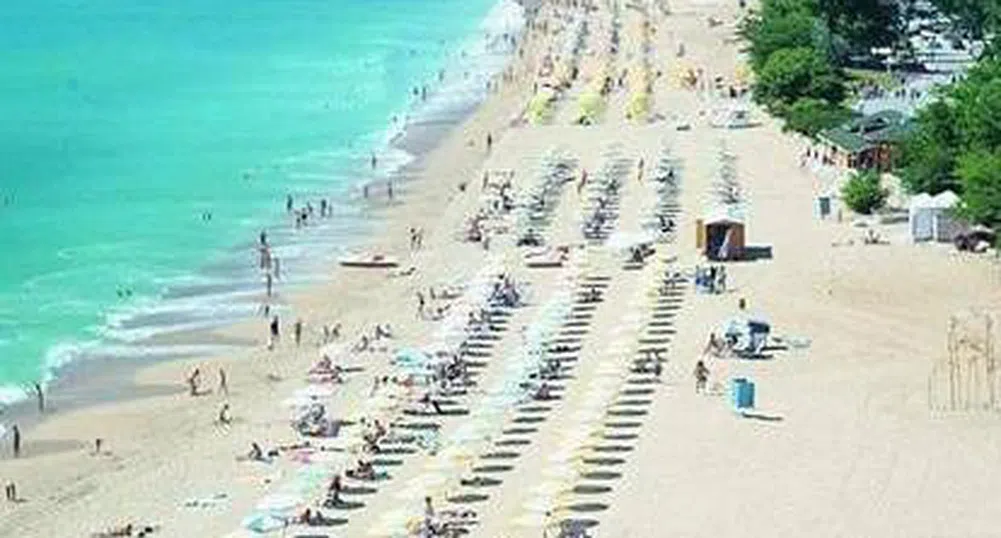Some 45,000 Jobs in Tourism Lost in 2009

Some 15,000 permanent jobs in tourism were lost last year, Bulgarian Tourist Chamber Chairman Tsvetan Tonchev told journalists on Tuesday. In 2008, some 110,000 people were permanently employed in the tourism industry. During the same period, the seasonal workers decreased by 30,000 from nearly 180,000 before.
The jobless have been enrolled in training courses under Operational Programme Human Resources, Tonchev said. Even though mountain resorts operate at capacity, the service staff has been downsized, most tangibly in Pamporovo and the environs and in Bansko.
He noted that some 18 higher educational establishments annually train some 2,000 students for employment in tourism. Nevertheless, there is a shortage of specialized personnel meeting criteria for hospitality, quality of service and expansion of services.
Tonchev said that the average monthly wage in the sector is some 400 leva. The hottest demand is for positions in the administration and for heads of units. Tourist guides and animators are wanted, too.
Branch organization surveys show that the volume of work in tourism has not decreased, but prices are falling, Tonchev said. He argued that, in this aspect, opportunities should be sought to lengthen the tourist season and for the State to grant relief to small and medium-sized business, as is the case in the neighbouring countries which compete with Bulgaria on the tourism market.
Among the obstacles to business, Tonchev listed the increase of the immovable property tax and the household waste disposal fee and the hike of the prices of water and electricity. Another problem is the visas required from Russian nationals. A Russian is charged 60 euro for a Bulgarian visa and 120 leva for express issue, he recalled, adding that a Turkish visa costs Russians 10 euro and that in Cyprus the visa expenses are taken over by the State.
He estimates that tourism industry revenue will decline some 10 per cent after tobacco smoking in enclosed public spaces is totally banned in the summer of 2010. Tonchev argued that separate parlours for smokers should be available.
Source: BTA
)
&format=webp)
&format=webp)
&format=webp)
&format=webp)
&format=webp)
&format=webp)
&format=webp)
&format=webp)